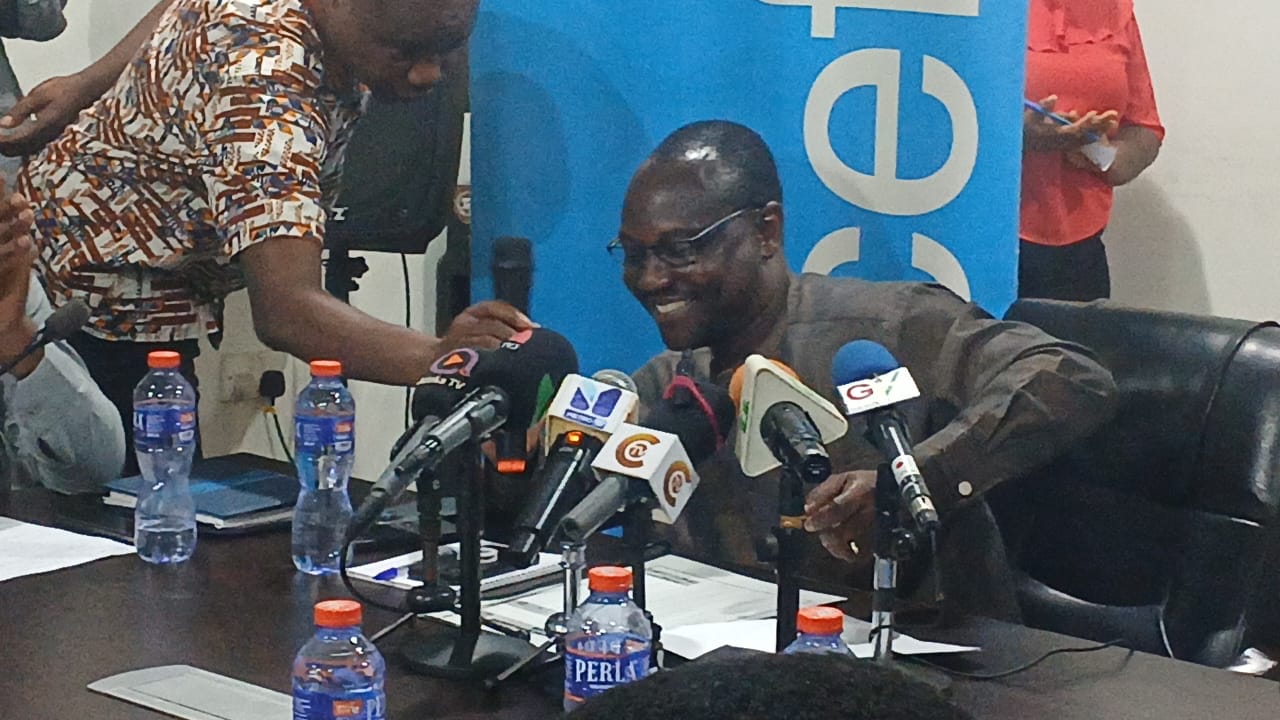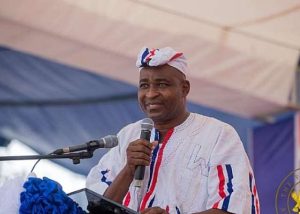The National Development Planning Commission (NDPC), in collaboration with stakeholders and UNICEF, has launched the process for the terminal evaluation of the Medium-term National Development Policy Framework (MTNDPF) for 2022-2025.
The MTNDPF serves as a strategic guide for the country’s development over the past four years, operationalized in accordance with Article 36(1) of the 1992 Constitution. This framework aimed to ensure efficient economic management for the well-being of all citizens.
Article 36(1) of the 1992 Constitution mandates: “The state shall take all necessary action to ensure that the national economy is managed in such a manner as to maximize the rate of economic development and to secure the maximum welfare, freedom, and happiness of every person in Ghana, and to provide adequate means of livelihood, suitable employment, and public assistance to the needy.”
The Director-General of the NDPC, Dr. Eric Akobeng, officially launched the evaluation process last Friday, bringing together a multi-stakeholder team of experts to assess the progress made during the past four years.
The MTNDPF evaluation will cover six key areas: economic, social, natural and built environment, governance, emergency preparedness and resilience, and implementation, coordination, monitoring, and evaluation.
Dr. Akobeng emphasized that this evaluation would provide valuable insights for stakeholders, enabling them to learn from the implementation process, make necessary adjustments, and align with global best practices in policy design and execution.
He further stated that the evaluation outcomes will inform the next MTNDPF for the period 2026-2030.
The medium-term goals of the MTNDPF aim to build a prosperous nation, create opportunities for all citizens, safeguard both the natural and built environments, maintain stability and safety, strengthen resilience to various threats, and improve development outcomes at all levels.
Dr. Akobeng reaffirmed the NDPC’s commitment to keeping the public and stakeholders informed about the ongoing process.
The MTNDPF, which is updated every four years under the leadership of the NDPC, serves as the primary document capturing the aspirations of Ghanaians—both adults and children—and outlining actions at national and local levels to achieve these aspirations.
The framework is aligned with the National Development Planning Commission Act, 1994 (Act 479) and the National Development Planning (System) Act, 1994 (Act 480), guiding the creation of district, sectoral, and regional development plans in line with national objectives.
Over the past four years, UNICEF has supported the government in implementing the MTNDPF, with a focus on ensuring the protection of children’s rights as enshrined in the Convention on the Rights of the Child, the Children’s Act of Ghana, the African Charter on the Rights and Welfare of the Child, and the Sustainable Development Goals (SDGs).
Charles Dzradosi, a social policy specialist at UNICEF, highlighted the organization’s commitment to supporting the evaluation systems of policies and plans at all levels. This includes strengthening the evaluation functions of the NDPC, ministries, departments, agencies (MDAs), and metropolitan, municipal, and district assemblies (MMDAs) to meet or exceed the United Nations Evaluation Group (UNEG) standards.
He expressed UNICEF’s pleasure in supporting the terminal evaluation of the MTNDPF and emphasized that the expected outcomes should not only provide a summary of implemented policies and activities but also critically assess their equity, human rights basis, and inclusivity for people with disabilities.









